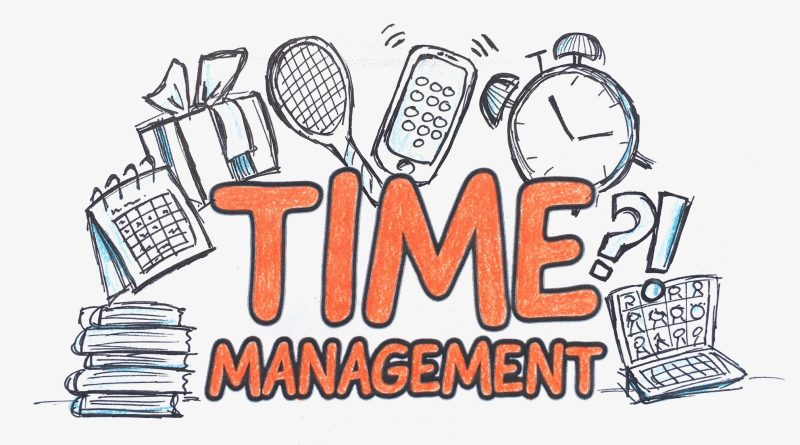The Significance of Prioritizing Tasks in Time Management
Prioritizing tasks is a fundamental aspect of effective time management. When faced with numerous responsibilities and limited time, it becomes crucial to determine which tasks are most important and allocate your resources accordingly. In this article, we will delve into the significance of prioritizing tasks and provide practical strategies to help you make the most of your time.
- Assessing Task Importance and Urgency: The first step in prioritizing tasks is to evaluate their importance and urgency. Importance refers to the significance and impact of a task on your goals or objectives. Urgency refers to the time sensitivity or deadline associated with the task. By considering these factors, you can determine which tasks require immediate attention and which can be addressed later.
- Applying the Eisenhower Matrix: The Eisenhower Matrix, also known as the Urgent-Important Matrix, is a valuable tool for prioritizing tasks. It categorizes tasks into four quadrants based on their urgency and importance:
- Quadrant 1: Urgent and Important tasks that require immediate attention. These tasks should be your top priority and addressed promptly.
- Quadrant 2: Important but not Urgent tasks that contribute to long-term goals and strategic objectives. Allocate dedicated time for these tasks to prevent them from becoming urgent.
- Quadrant 3: Urgent but not Important tasks that often arise from interruptions or distractions. Evaluate whether these tasks can be delegated or minimized to focus on more critical activities.
- Quadrant 4: Not Urgent and Not Important tasks that provide little value and should be minimized or eliminated from your schedule.
- Setting Clear Goals and Objectives: To prioritize tasks effectively, it is crucial to have clear goals and objectives in mind. Clearly define what you want to achieve and identify the tasks that align with those goals. This clarity helps in distinguishing between tasks that contribute to your objectives and those that are merely distractions.
- Considering Deadlines and Dependencies: When prioritizing tasks, take into account any deadlines or dependencies associated with each task. Tasks with imminent deadlines or tasks that are dependent on the completion of other tasks should be given higher priority to ensure smooth progress and avoid bottlenecks.
- Utilizing Time Management Techniques: Implementing time management techniques can further enhance your ability to prioritize tasks. Some popular techniques include:
- Time Blocking: Allocate specific blocks of time for different tasks or categories of tasks. This helps in dedicating focused time to important activities.
- Pomodoro Technique: Break work into intervals and allocate specific time slots for focused work, followed by short breaks. This technique aids in maintaining focus and productivity.
- Eat the Frog: Tackle the most challenging or unpleasant task first. By getting it out of the way, you eliminate procrastination and create momentum for the rest of your tasks.
- Regularly Review and Adjust Priorities: Priorities can change as new information or circumstances arise. It is crucial to regularly review and reassess your task priorities. This allows you to adapt to shifting demands and make necessary adjustments to your schedule and focus.
- Learn to Delegate and Say No: Recognize when a task can be delegated to others who are better suited to handle it. Delegating tasks not only frees up your time but also empowers others and promotes teamwork. Additionally, learn to say no to tasks that do not align with your goals or priorities, allowing you to protect your time and energy for more important endeavors.



